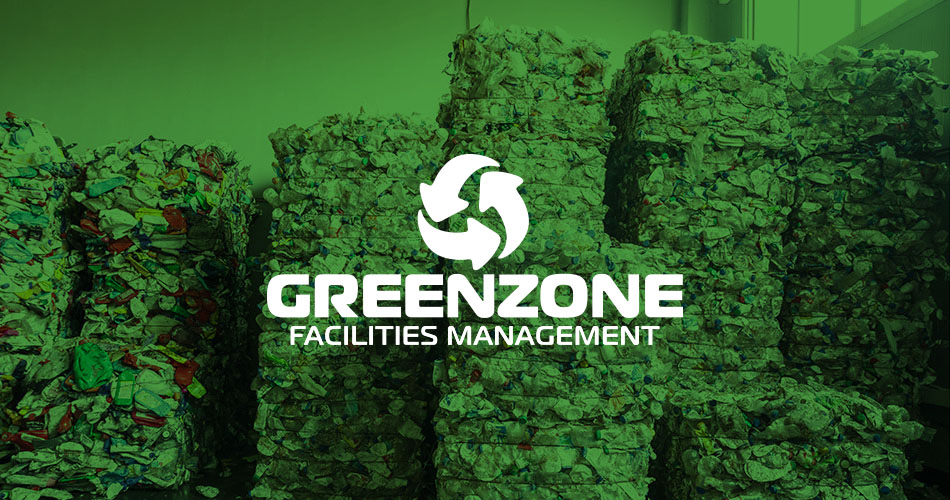1. Create a compost pile You don’t have to live on a farm or in the country to have a compost pile. Composting means recycling the nutrients from our food waste back into the ecosystem through enriching soil and keeping food out of landfills. You can compost fruit and veg waste, coffee grounds, tea bags, egg shells and even egg boxes.
2. Go naked at the shops Look for products with minimal or no packaging and buy loose fruit and vegetables instead of those wrapped in plastic. If you do choose packaged products, check the label to see if it is recycled and recyclable. Every item you put in the bin is going to landfill. Reducing the amount we throw away makes a huge impact on the environment.
3. BYOB Bring Your Own Bag. Plastic bags have three times the greenhouse gas impact of reusable bags.
4. Change your light ‘Lighting accounts for 18 per cent of a typical household’s electricity bill. You can cut your lighting bill and energy use by changing which bulbs you use and how you use them.’ says the Energy Saving Trust. It’s said that if every person in the UK replaced just three light bulbs, enough energy would be saved to light the UK’s street lamps. And turn off your lights when not in use to save money.
5. Leave your car at home If you can stay off the road just two days a week, you’ll reduce greenhouse gas emissions by an average of 1,590 pounds per year and save yourself money
6. Turn off computers at night Turn off computers, TVs and other electrical items overnight instead of leaving on standby to save money and energy.
7. Recycle mobile phones Green Redeem UK says ‘Mobile phones contain enough lead to qualify as hazardous waste, so it’s really important that old handsets or batteries never end up in our normal rubbish bins. ‘If you recycle a mobile phone correctly, all those potentially dangerous materials can be safely extracted and reused.’ To avoid them heading for landfill, you can donate them to charity, trade them in, or use an online phone recycling company.
8. Clean the back of your fridge Dusty coils can increase energy consumption by 30 per cent. So get cleaning! You might even find some lost items and spare change behind there.
9. Get creative Most unwanted materials can be traditionally recycled. But if you have children, that junk can be a whole new set of toys. Old paper can be used to draw on and waste boxes and packaging can become anything.
10. Recycle Most councils collect recyclable waste along with household waste, it is simply a matter of separating your rubbish. If you don’t have recycling collection, find your local tip or recycling centre. It is worth collecting a few bags at a time to make the trip worthwhile.
11. Cut up the plastic rings from packs of bee Those plastic rings that hold your cans together are invisible in water and wildlife can choke on them or trap themselves if they end up in water.
12. Maintain your car Underinflated tyres decrease fuel economy by up to three percent and lead to increased pollution and higher greenhouse gas emissions.
13. Go veggie – at least once a week Meat production is extremely resource-intensive. If you gave it up just once a week, you would save the 840 gallons of fresh water it takes to produce a single serving.
14. Water, water everywhere Turn off the water while you’re brushing your teeth, shower instead of bathe and don’t leave the water running while washing the pots. Home maintenance is vital too – if you have a leaky loo you might be wasting 200 gallons of water a day.
15. Reuse everything Think twice before throwing anything into a bin – what you are chucking out will end up in landfill. Can it be recycled, can it be reused, can it be upcycled, can it be fixed?
Orginal Source

